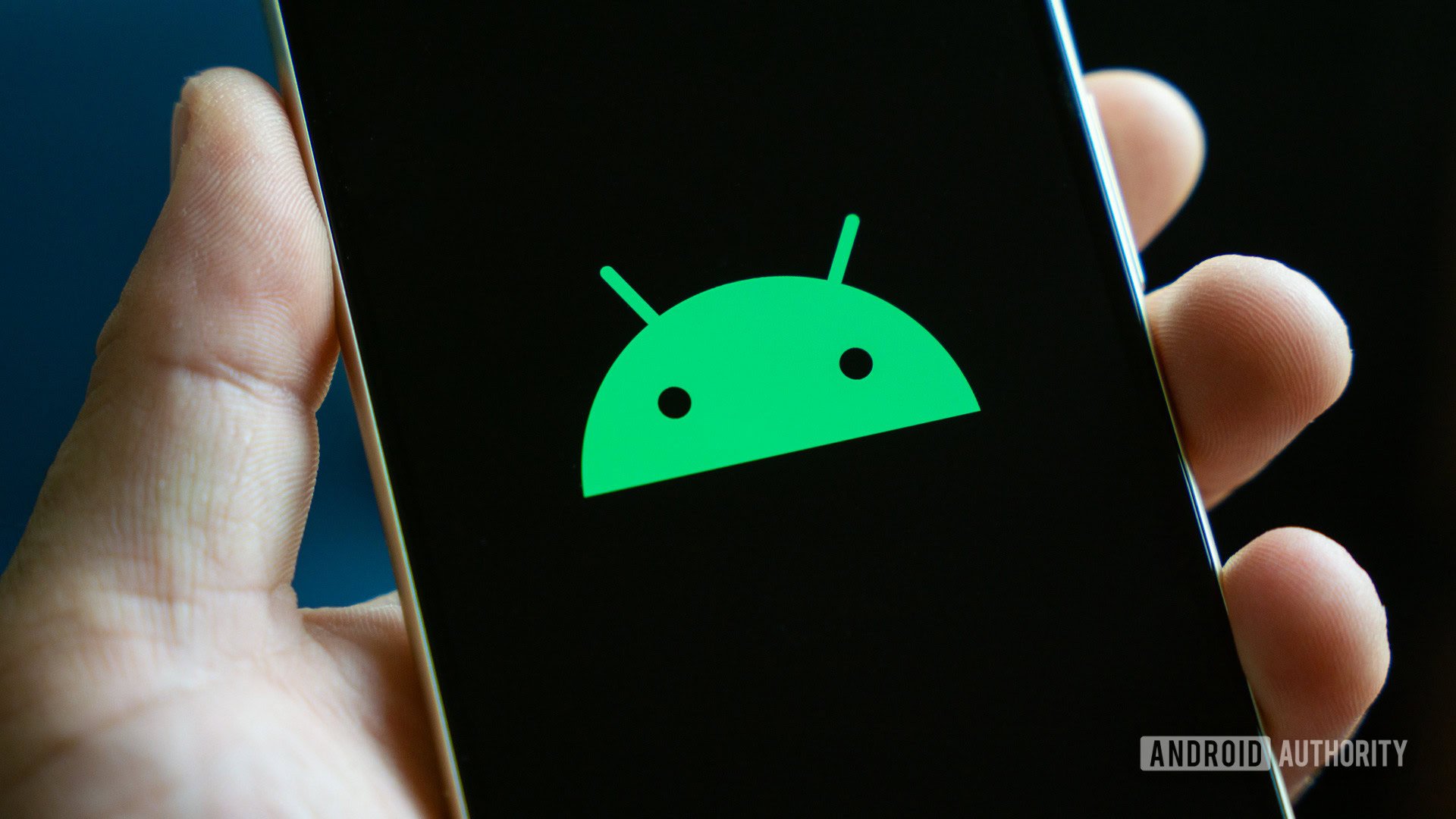TL;DR
- Efforts like Graphene OS face increasing pressure from apps that refuse to run on non-standard Android.
- The custom ROM project characterizes Google’s approach to device attestation as incomplete and flawed.
- Graphene OS is prepared to take legal action if Google won’t let it pass Play Integrity checks.



Well that’s all very well, but I’ve got a bathroom speaker I can no longer access.
So how about instead of Daddy Google deciding what’s best for everyone, they let things run and give you a warning?
Hell, I’ve even got games I’ve paid for that are now gone. Honestly, fuck them for even thinking that’s acceptable.
Same, it’s why I never buy a game or app nowadays, they will just stop working when the new OS version comes around, devs already got their money so they don’t have any incentive to care, and contrary to PC I can’t do shit about it myself on my phone, there’s no “androidbox” to run old apps inside my phone.
You’re really arguing for a covenant around tech that companies want to orphan. The rule needs to be the code is opened and a slacker code owner is appointed for handover.
This is gonna embarrass Google a Lot but it’s gonna embarrass azn and m$ a whole lot more.
The forced alternative is a refund if you can bring something recognizable with a serial number to your post office or something as ubiquitous, present and staffed - have them validate in the loosest fashion and require like 10 bizdays for the cash refund.
Whether or not the post office is there for that or charges the OEM for the notary-light service is a matter for the courts, the USPS, and these days probably the fn SCotUS.
That is not what’s happening. It takes tons of work to maintain backward compatibility but you’re framing it as though it doesn’t and they’re just being a holes on purpose.
The problem is allowing the APIs it uses to exist at all in the OS is a huge security hole.
So it’s my choice to run them?
If I can download an APK, I should be able to run it in a “compatibility mode” and have the OS do it’s best to run it.
There’s a few apps that let you virtualize an older version of Android, but in my experience they’re slow, and they’re all from sketchy-looking Chinese companies that are for sure harvesting all your data. There’s also an open source project running for this, but I don’t remember what it was called and it was fairly limited.
It can’t.
A compatibility mode would involve meaningful cost, massively compromise security, and not have a chance in hell of working.
They could just spin up a container of some sort. It’s still fundamentally Linux, so it should be possible to run Android inside an lxc container the same way you can run a desktop Linux distro in docker (which is based on the lxc functionality in the Linux kernel)
The point is that you have to emulate a fuckton of low level access to even have a chance of anything working. Either you replace the actual hardware access with junk data, making none of the apps work, or you break the whole permissions structure, and your security is completely gone.
All of those APIs were deprecated because it’s impossible to provide them in any way that resembles security.
I mean, as long as it’s in a pretty robust sandbox and it’s either firewalled or has no network access (if possible for the app in question), I would think security implications are minimal. Like, even if the version of Android inside the container is compromised, the app could only take over its own container, which is non-privileged and doesn’t have access to anything you didn’t explicitly give it (in terms of user data).
But almost every app is going to crash because they’re built on needing the information those APIs return.
His example of not being able to control some wireless speaker? Supporting that app is going to be a mess, best case.
You’d need some sort of translation layer to allow older versions of the Android userland drivers in the container to talk to the modern Android userspace drivers. Or you could write new userspace drivers inside the container that interact directly with the hardware, but this would likely be expensive and insecure. Definitely doable tho, especially for a company as large as Google.
Especially on Pixels, with the generic system image feature (allows for booting generic, non-device-specific android images), if the container is built with the same userland drivers as a generic system image, it might not even need any special effort/attention to run, though iirc GSIs are pretty recent, so you wouldn’t be able to run software for anything before like, Android 12 or 13 probably.